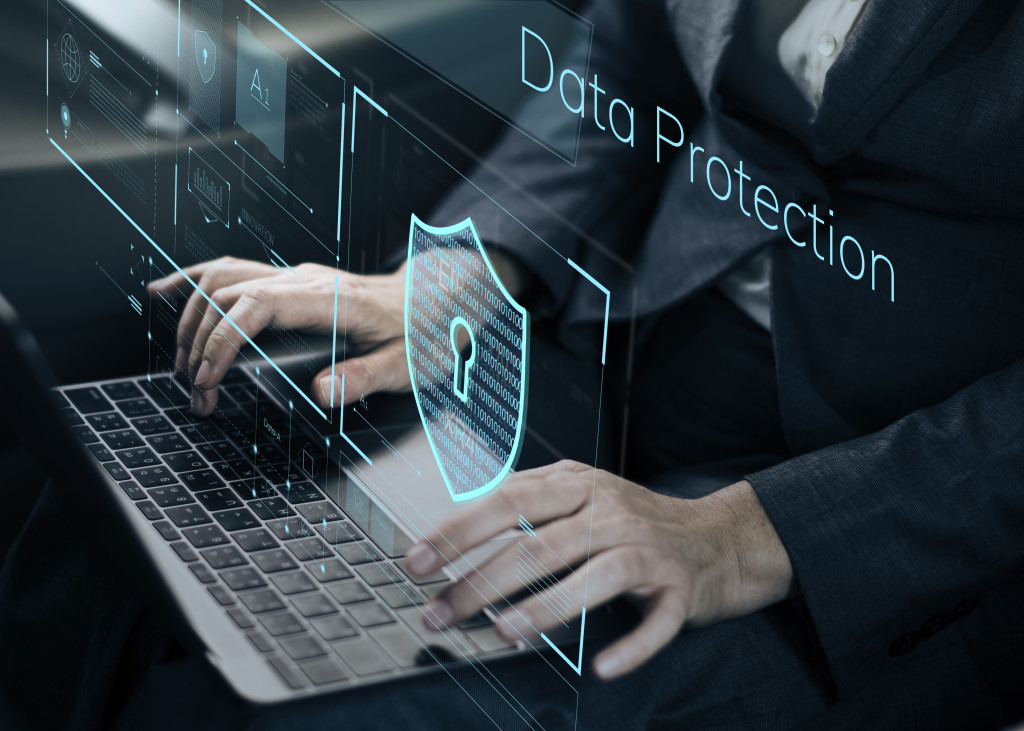Data security is a real concern for many businesses. Small businesses, in particular, are exposed to all sorts of security risks. While larger businesses have the budget for state-of-the-art IT security, many mom-and-pops and startups lack the resources to protect themselves against threat actors. However, we’re so concerned with protecting ourselves from external threats that we fail to consider that someone on the inside can just as easily take down our businesses as well.
You may not realize this, but your employees are a weakness in your security. All it takes is one person with the right set of permissions to let someone into your network. And the more people you have, the more exposed you are. Add to that the challenges of maintaining a remote network, and it’s just a matter of time before your data is stolen. You’ll need to be lucky every single time there’s an attack, while a threat actor only has to be lucky once.
Why do you need to safeguard your network? For starters, access to your network also means access to valuable data such as customer profiles, credit card information, and trade secrets. Even a minor data leak could have catastrophic consequences. No one would ever do business with you again.
Even the best mini PC is useless without adequate protection. Here are a few IT security tips you need to follow.
1. Allow for remote updates
Another way to secure your network is to remotely update all computers and devices. People routinely ignore system updates since they’re seen as a nuisance. If you can’t trust your staff to update their devices, then your IT specialist needs to do it for them. This is especially important if you have remote staff. You have no way of securing their internet connections, and patching vulnerabilities is a good first step.
Minor updates can be pushed during work hours. However, major updates that require a system restart have to be performed off-hours to limit disruptions to employee activity. The last thing you need is a loss of output due to computer updates. Avoid beta updates as much as possible to minimize bugs and glitches.
2. Lock your devices
An unlocked device is a massive security risk. Passwords are your first line of defense against data breaches. A single person can undo a secure network with a weak password, so you need to issue guidelines for creating strong passwords.
A strong password is a string of at least 12 characters. For maximum strength, a random combination of symbols, letters, and numbers must be used. Stop using identifiable information such as birth dates and names when creating a password.
Passwords alone aren’t enough, however. You also need to use multi-factor authentication for extra protection. That way, your systems remain secure even if the password has been compromised. For small organizations, you can delegate password creation to your IT specialist. However, as your organization expands, you might want to look into password manager tools.
3. Control access to the network
Offices are beginning to reopen as lockdown restrictions are slowly lifted. You may need to change your setup as your employees return. Wired connections can be cumbersome. If the office is too large for wired connectivity, consider opening a wireless network for easy access. That way, your employees don’t have to congregate in one area.
Wireless connections are inherently less secure than wired connections, however. Unlike wired connections, wireless networks can be detected by anyone with the right receiver. A quick Wi-Fi scan should reveal all the wireless networks around you. Make sure to control access to authorized employees. You can prevent detection by hiding the SSID. Another way to control access is to specify the MAC address.
4. Make copies of your data

Data security is all about preparedness and redundancies. It’s important to make secure copies of your data as a hedge against data corruption or loss. That way, if something happens to your hardware or if a virus infects your network, you’ll have a clean backup of your data. One of the worst things that can happen to a business is data loss.
Daily backups ensure that you always have an updated copy of your important data. You also might want to make off-site copies in case your servers go offline.
A final word
These are just some things you need to do to secure your network from internal and external breaches. The list is by no means exhaustive, so feel free to consult other materials.

